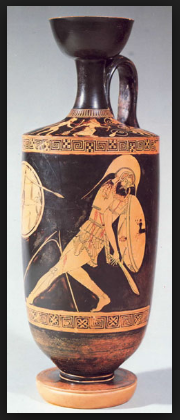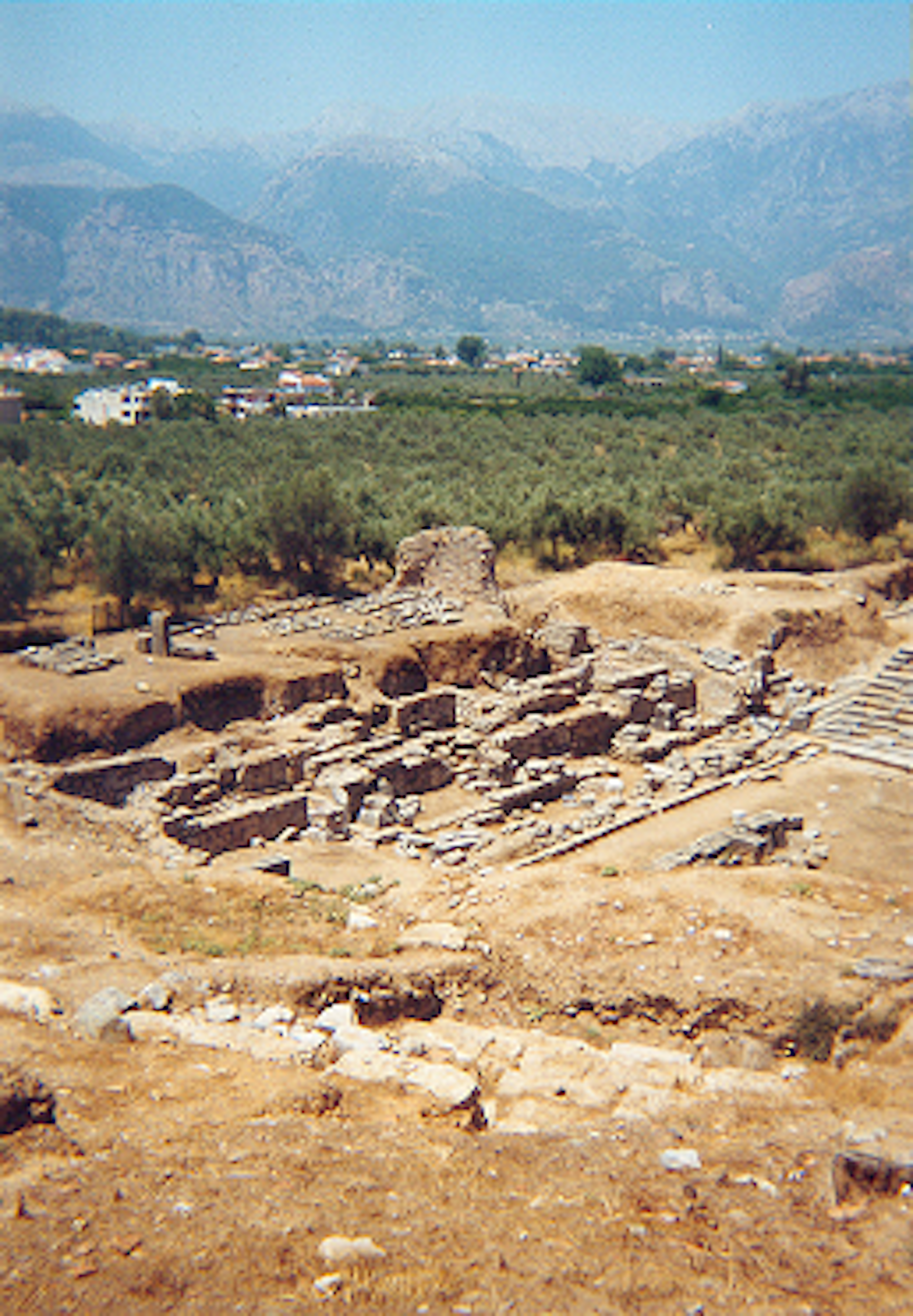

The common people sent for help from Corinth, who agreed to assist them. Consequently the nobles joined with barbarians and plundered the city. The common people expelled the nobles from the land. In fine, I have written my work, not as an essay which is to win the applause of the moment, but as a possession for all growth of the power of Athens, and the alarm which this inspired in Lacedaemon, made war Chapter 2: Causes of the War The Affair of Epidamnus The Affair of Potidaea Epidamnus was a colony in Illyria, settled colonists form Corinth and Corcyra. So little pains do the vulgar take in the investigation of truth, accepting readily the first story that comes to absence of romance in my history will, I fear, detract somewhat from its but if it be judged useful those inquirers who desire an exact knowledge of the past as an aid to the interpretation of the future, which in the course of human things must resemble if it does not reflect it, I shall be content. way that most men deal with traditions, even traditions of their own country, is to receive them all alike as they are delivered, without applying any critical test whatever.

He claims that the true cause of the Peloponnesian war the growth of Athenian supremacy, and the fear of the Lacedaemonians as a consequence of this aggrandizement. he will adhere strictly to the facts, and abstain from exaggerating or inserting entertaining anecdotes for the sake of truth, which Thucydides believes to be of the utmost importance to those who require an exact account of the past in order to interpret the for the future always resembles, if not reflects, the past. He discusses the method of writing his history i.e. In fact, Pericles sees Athens as having the ultimate possible government the one best conducive to freedom, liberty, courage, honor, and justice – the values most honored by the Athenians.Preview text THUCYDIDES: THE HISTORY OF THE PELOPONNESIAN WAR SUMMARY APORWELL1627 11 COMMENTS BOOK I Chapter 1: The State of Greece from the Earliest Times to the Commencement of the Peloponnesian War Thucydides claims that the Peloponnesian war was the largest war in history to that point in time, and also more worthy of relating to posterity than any other war. It is clear that Pericles views democracy as the best form of government and having adopted it, he views Athens as superior to their fellow city-states. Even today we view this ancient city as the birthplace of the values of equality and democracy that we center our government upon. In spite of his often jingoistic faith in Athens, Pericles is indeed right in assuming that “the admiration of the present and succeeding ages will be ”. Indeed, a worthy summation of Pericles’s oration is that it is a count of the “points in which is worthy of admiration”. Pericles glorifies the “equal justice to all” under the law that all men of Athens share and glorifies their superiority over their peer poleis.

In a democracy, men can act how they wish without fear of judgment or retaliation from their neighbors, so long as they act within the confines of the law. In a democracy, “class considerations allowed to interfere with merit” – any man capable enough to rule is allowed to do so. Pericles describes Athenian democracy as a system of government where men advance on merit rather than on class or wealth. Pericles then continues to his central theme, extolling the uniqueness and virtue of Athens and its system of government: democracy. The first theme, fitting in that the speech was given at a funeral for war heroes, is that the most valiant way a man can live and die is in service of freedom and his city – in this case, Athens. At such a time of high emotions and patriotism – Pericles has not one theme but several.

This piece is a funeral oratory, a speech written to honor fallen Athenian heroes at the end of the first year of the Peloponnesian War.


 0 kommentar(er)
0 kommentar(er)
